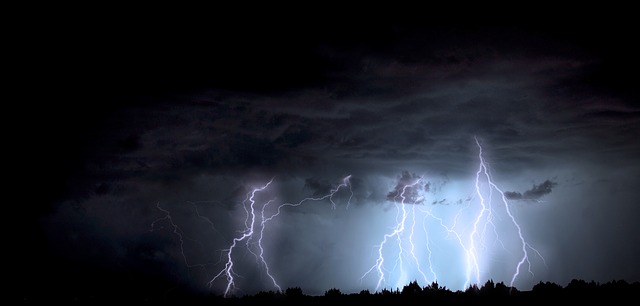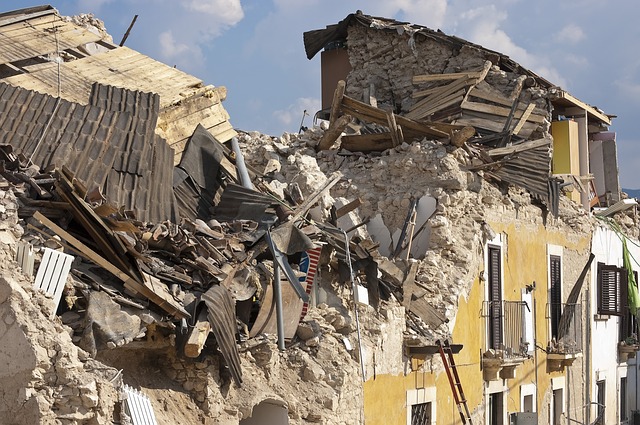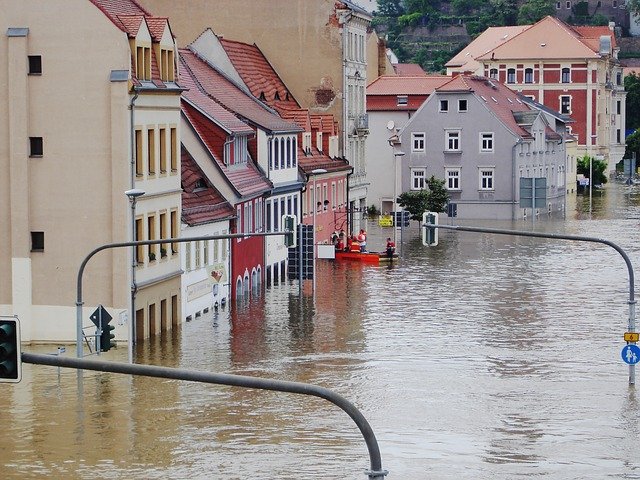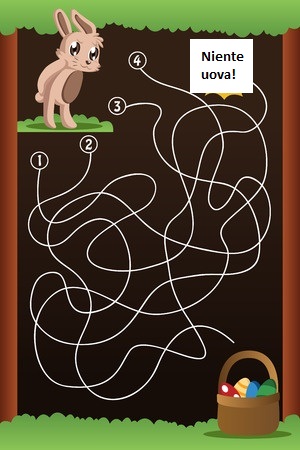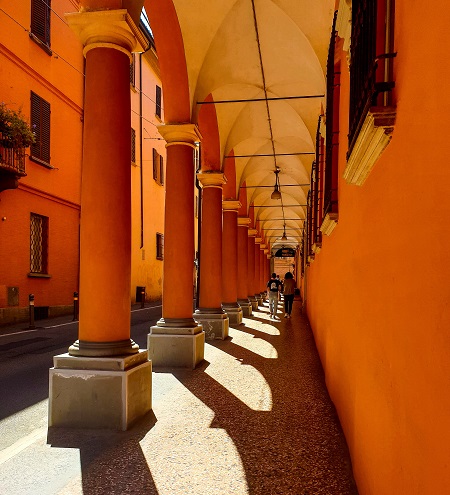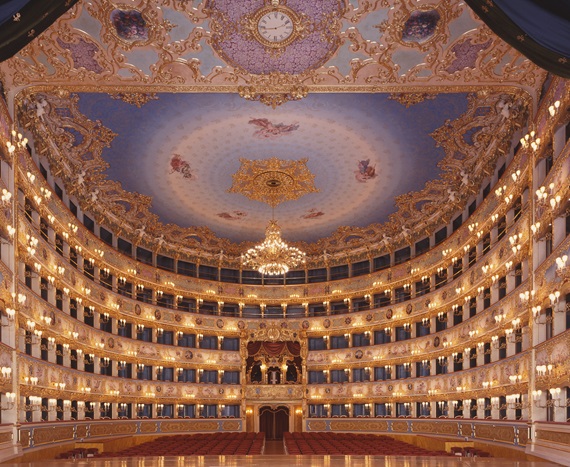Olá, pessoal! Como estão? When living in a país estrangeiro (foreign country), we often catch ourselves struggling to find the right words in the most unusual situations. I was hosting um chá de bebê (a baby shower) for a friend and, as I don’t speak the local language, finding exactly what I needed to buy took a lot of Googling and translating.
I definitely wish I could have had more help, which prompted me to put together this useful guide on how to navigate the magical world of infância (childhood) in Portuguese. You don’t have to be a parent to have a criança (child) in your life. You might be an aunt, uncle, grandparent, neighbor or even have a colleague at work who has childen. Showing that you care goes a long way in any relationship, and knowing how to express yourself in the language can be really helpful. Então venham comigo!

Sempre levo meus filhos no parquinho (Photo by Orione Conceição from Pexels)
parquinho | playground
escorregador, balanço, gangorra, caixa de areia | slide, swing, see saw, sand pit
- Levo meus filhos no parquinho todas às tardes | I take my children to the playground every afternoon .
pega-pega, pique-esconde | play tag, hide and seek
- Do you want to play tag or hide and seek with us? | Você quer brincar de esconde-esconde ou pega-pega com a gente?
chupeta | binkie, pacifier
- Chupetas são uma boa ideia para acalmar bebês | Pacifiers are a good ideia to calm babies down.
mamadeira | baby bottle
- É hora de alimentar o bebê, você pode pegar a mamadeira para mim? | It’s time to the feed the baby, can you get the baby bottle for me?
babador | bib
- Ainda bem que o bebê estava com o babador, ele se sujou todo de comida | Good thing the baby had his bib on, he good food all over himself.

Hora de trocar a fralda (Photo by Polina Tankilevitch from Pexels)
fralda, trocar fralda | diaper, change diaper
- Oh, as fraldas do Jimmy estão fedendo! Acho que é hora de trocar a fralda | Oh, Jimmy’s diapers stink! I think it’s time for adiaper change.
amamentar | to breastfeed
- A amamentação oferece muitos benefícios para a saúde, tanto para a mãe quanto para a criança | Breastfeeding offers a lot of health benefits both for the mother and the child.
carrinho de bebê | stroller
- Estou levando minha filha de dois anos ao parque em um carrinho de bebê porque ela é nova demais para andar muito | I’m taking my two-year-old to the park on a stroller because she is too young to walk around for long.
boneca | doll
- Eu tive várias bonecas Barbie quando era criança | I had several Barbie dolls when I was a kid.
bichinho de pelúcia, ursinho | stuffed animals, teddy bear
- Luke está chateado porque ele esqueceu seu ursinho de pelúcia favorito no jardim de infância | Luke is upset because he forgot his favorite teddy bear in the kindergarten.
- A cama de Lisa está cheia de bichinhos de pelúcia de todos os tamanhos e cores | Lisa’s bed is covered in stuffed animals of all sizes and colors.
engatinhar | to crawl
- Minha filha começou a engatinhar ontem! Em breve ela estará dando seus primeiros passos | My baby daughter started crawling yesterday! Soon she will be taking her first steps.
fazer xixi na cama | wet your bed
- Reduzir a ingestão de líquidos à noite pode ajudar as crianças a parar de fazer xixi na cama | Reducing the intake of fluids at night can help children stop wetting their beds.

O jardim de infância é um bom lugar para fazer amigos (Photo by cottonbro from Pexels)
creche, jardim de infância | day care, kindergarten
- No início, meu filho não parava de chorar quando o deixava na creche. Depois ele acabou se acostumando! | At first, my son couldn’t stop crying when I dropped him off at day care. Then he got used to it!
- Nos mudamos para esse parte da cidade porque eles tem jardins-de-infância melhores| We moved to this part of town because they have better kindergartens .
crescer | grow up
- Eu cresci em Boston | I grew up in Boston.
- Aproveite esses momentos, eles crescem tão rápido! | Enjoy these moments, they grow up so fast!
And first things first! Before infância (childhood), comes gravidez (pregnancy). If you’d care to learn more about this life stage, confira abaixo or see our related posts here and here:
Being pregnant in Portuguese
WARNING: As of today, the Portuguese blog will be discontinued. I would like to thank all readers. It has been great writing about my language as culture over the years. Hope you enjoyed it too!
Source link



